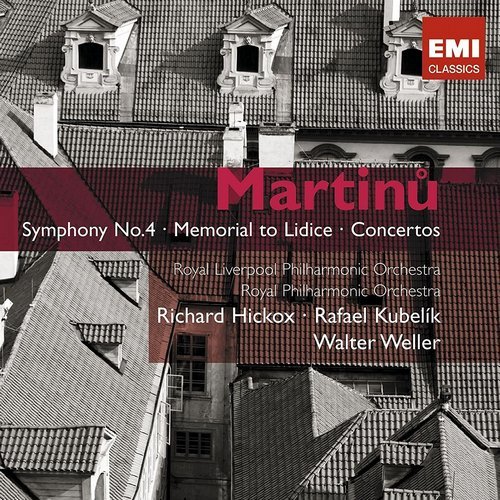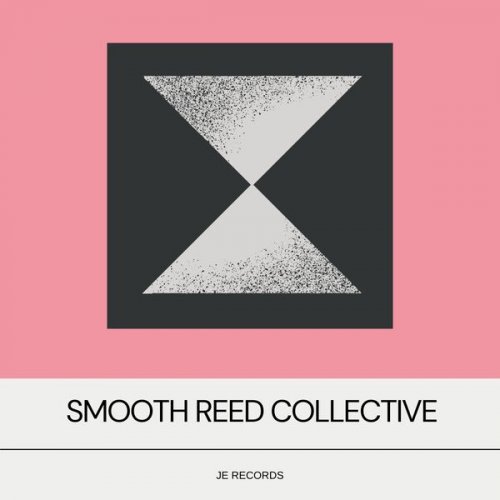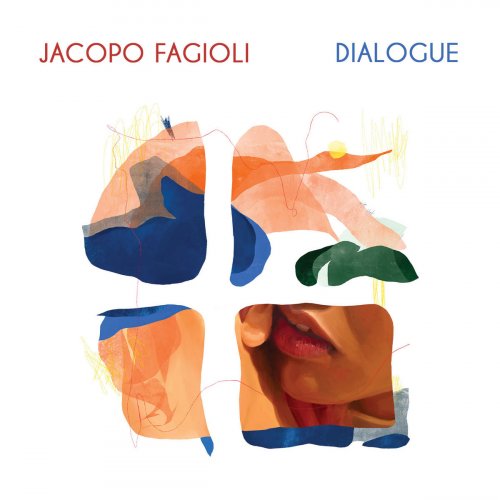VA - Bohuslav Martinů - Symphony 4 / Memorial to Lidice / Concertos (2009)

Artist: Various Artists
Title: Bohuslav Martinů - Symphony 4 / Memorial to Lidice / Concertos
Year Of Release: 2009
Label: EMI Classics
Genre: Classical
Quality: FLAC (image+.cue,log,scans)
Total Time: 02:22:52
Total Size: 683 Mb
WebSite: Album Preview
Tracklist: Title: Bohuslav Martinů - Symphony 4 / Memorial to Lidice / Concertos
Year Of Release: 2009
Label: EMI Classics
Genre: Classical
Quality: FLAC (image+.cue,log,scans)
Total Time: 02:22:52
Total Size: 683 Mb
WebSite: Album Preview
Bohuslav Martinů (1890-1959)
CD 1:
[1]-[4] Symphony No.4
[5]-[7] Sinfonietta La Jolia for piano and chamber orchestra
Royal Liverpool Philharmonic Orchestra
Walter Weller
[8]-[10] The Frescoes of Piero della Francesca
Royal Philharmonic Orchestra
Rafael Kubelik
CD 2:
[1]-[3] Double Concerto for two string orchestras, piano and timpani
John Alley , piano
Charles Fullbrook, timpani
[4]-[6] Concerto for string quartet and orchestra
Endellion String Quartet
[7]-[9] Sinfonia concertante for oboe, bassoon, violin, cello and orchestra
Nicolas Daniel, oboe
Stephen Reay, bassoon
Andrew Watkinson, violin
Stephen Orton, cello
City of London Sinfonia
Richard Hickox
[10] Památnik Lidicim (Memorial to Lidice)
Bamberger Symphoniker
Ingo Metzmacher
This two-disc set of the orchestral music of Bohuslav Martinu is an odd mix of repertoire and performers. On disc 1 is the composer's turbulent Fourth Symphony and sprightly Sinfonia La Jolla from a 1979 English EMI recording with Walter Weller, former concertmaster of the Wiener Philharmoniker, conducting the Royal Liverpool Philharmonic plus a 1958 Capital recording of the kaleidoscopic Frescoes of Piero della Francesca with Rafael Kubelik leading the Royal Philharmonic. The second disc has three characterful concertos -- the Double Concert for two string orchestras, piano, and timpani; the Concerto for string quartet and orchestra; and the Sinfonia Concertante for oboe, bassoon, violin, cello, and orchestra -- performed by the City of London Sinfonia led by the late Richard Hickox and recorded by Virgin Classics in 1989 plus the tragic yet consoling Memorial to Lidice from a 1995 German EMI recording by Ingo Metzmacher and the Bamberger Symphoniker.
But odd as the mix is, the performances themselves are consistently good to excellent. Weller's Fourth forceful and determined, while his Sinfonia La Jolla is bright, clean, and ebullient and in both works the Liverpool musicians deliver well-played and enthusiastic performances. Hickox's concertos have just the right balance of energy, sentimentality, and, in the Double Concerto, deep tragedy, and the London musicians give him enthusiastic and expressive playing. Metzmacher's Memorial is appropriately grim at the start, but ultimately builds to a cathartic climax with the committed playing of the Bamberg musicians. But the best performance here is certainly Kubelik's Frescoes, with their luminous colors, bottomless depths, and endless energy, and the Royal Philharmonic's playing is the most virtuosic of any ensemble's here. Understandably, the sound here varies greatly, but is generally speaking as good as it gets for its times and places.
But odd as the mix is, the performances themselves are consistently good to excellent. Weller's Fourth forceful and determined, while his Sinfonia La Jolla is bright, clean, and ebullient and in both works the Liverpool musicians deliver well-played and enthusiastic performances. Hickox's concertos have just the right balance of energy, sentimentality, and, in the Double Concerto, deep tragedy, and the London musicians give him enthusiastic and expressive playing. Metzmacher's Memorial is appropriately grim at the start, but ultimately builds to a cathartic climax with the committed playing of the Bamberg musicians. But the best performance here is certainly Kubelik's Frescoes, with their luminous colors, bottomless depths, and endless energy, and the Royal Philharmonic's playing is the most virtuosic of any ensemble's here. Understandably, the sound here varies greatly, but is generally speaking as good as it gets for its times and places.


![Mark Northam - More Music From The Pixar Films For Solo Piano (2025) [Hi-Res] Mark Northam - More Music From The Pixar Films For Solo Piano (2025) [Hi-Res]](https://img.israbox.com/img/2025-12/17/qc8ci6ocl25zt4m9ojnjn3k2k.jpg)
![Don Cherry, Nana Vasconcelos & Collin Walcott - Codona (1979/2025) [Hi-Res] Don Cherry, Nana Vasconcelos & Collin Walcott - Codona (1979/2025) [Hi-Res]](https://www.dibpic.com/uploads/posts/2025-12/1765970766_cover.jpg)




![Dave Bainbridge - ON THE EDGE (OF WHAT COULD BE) (2025) [Hi-Res] Dave Bainbridge - ON THE EDGE (OF WHAT COULD BE) (2025) [Hi-Res]](https://img.israbox.com/img/2025-12/18/7l4en830rpyaxdtr7izc3qrx6.jpg)